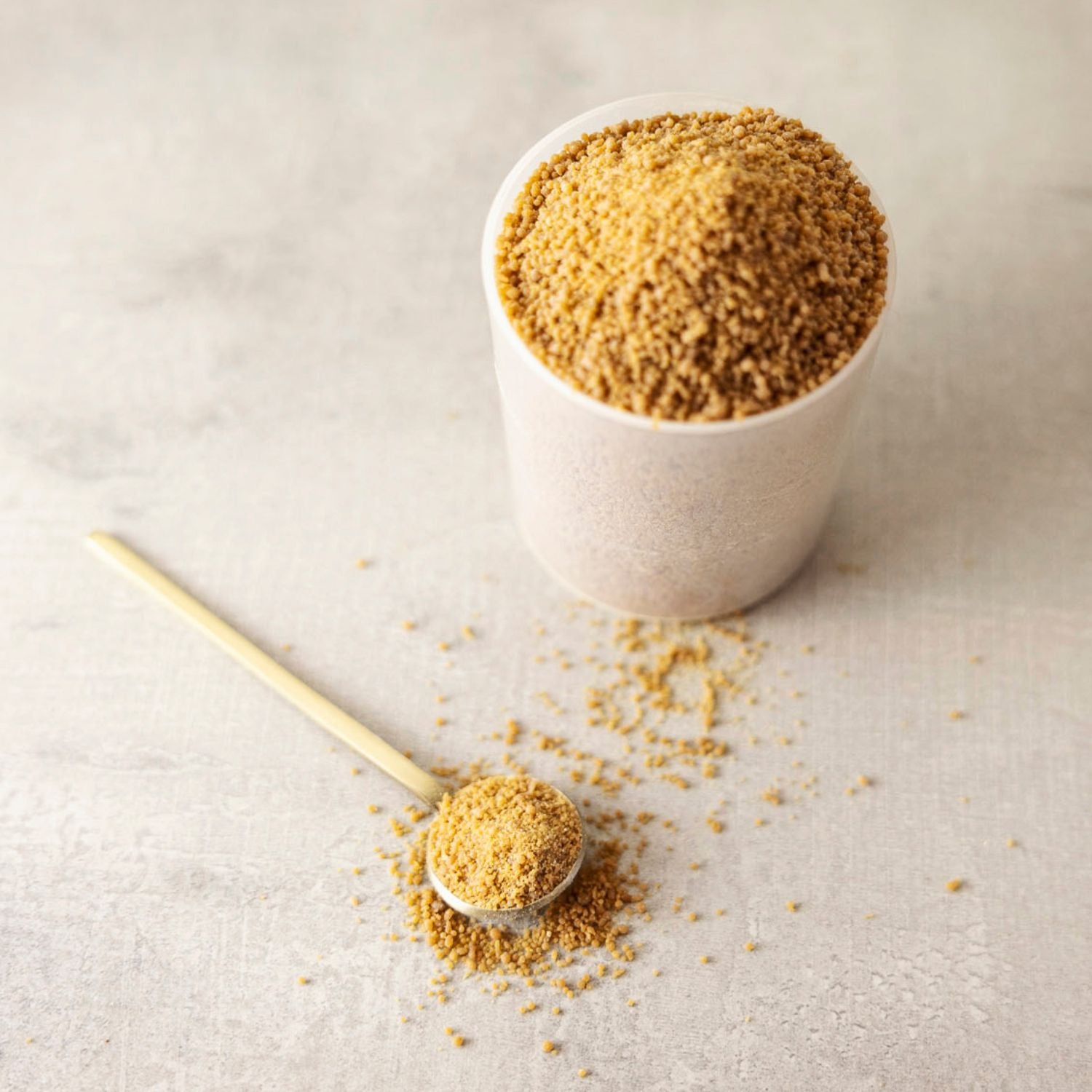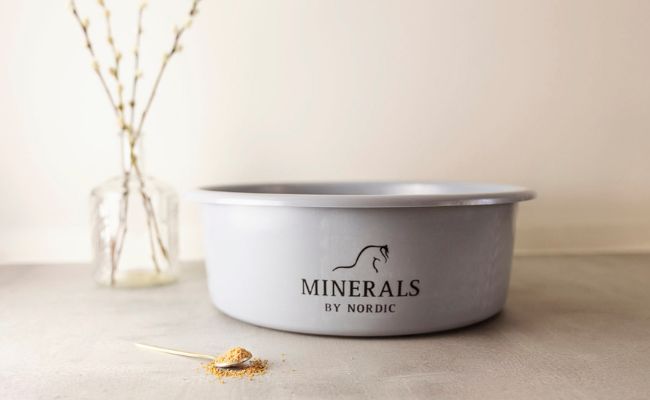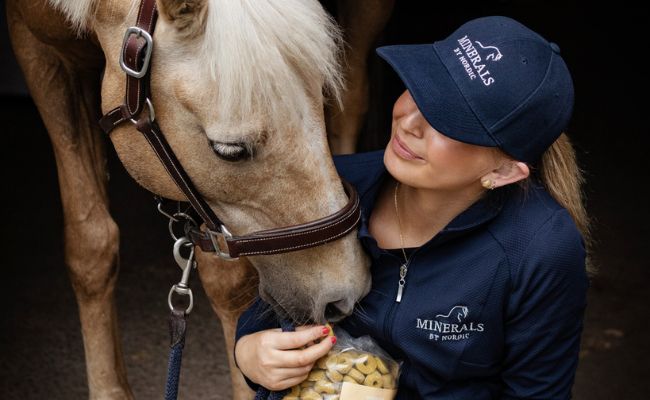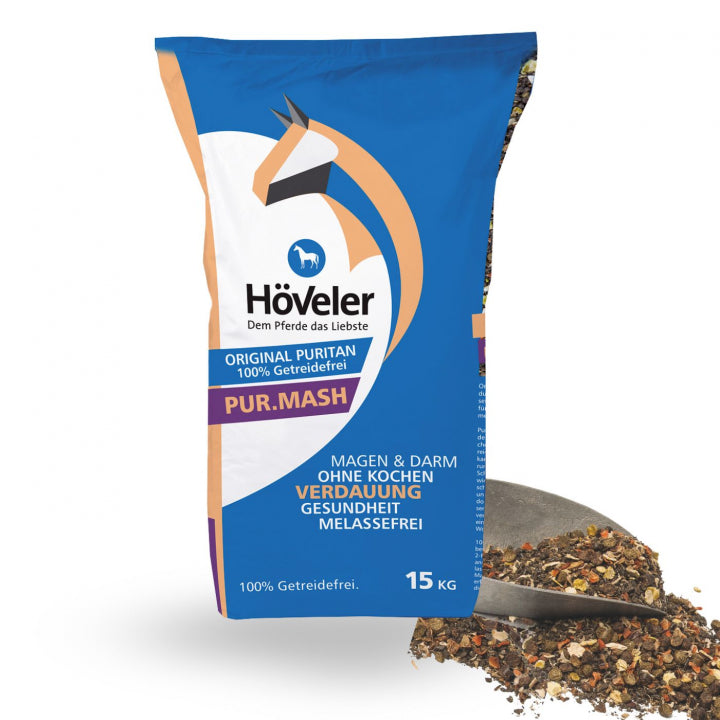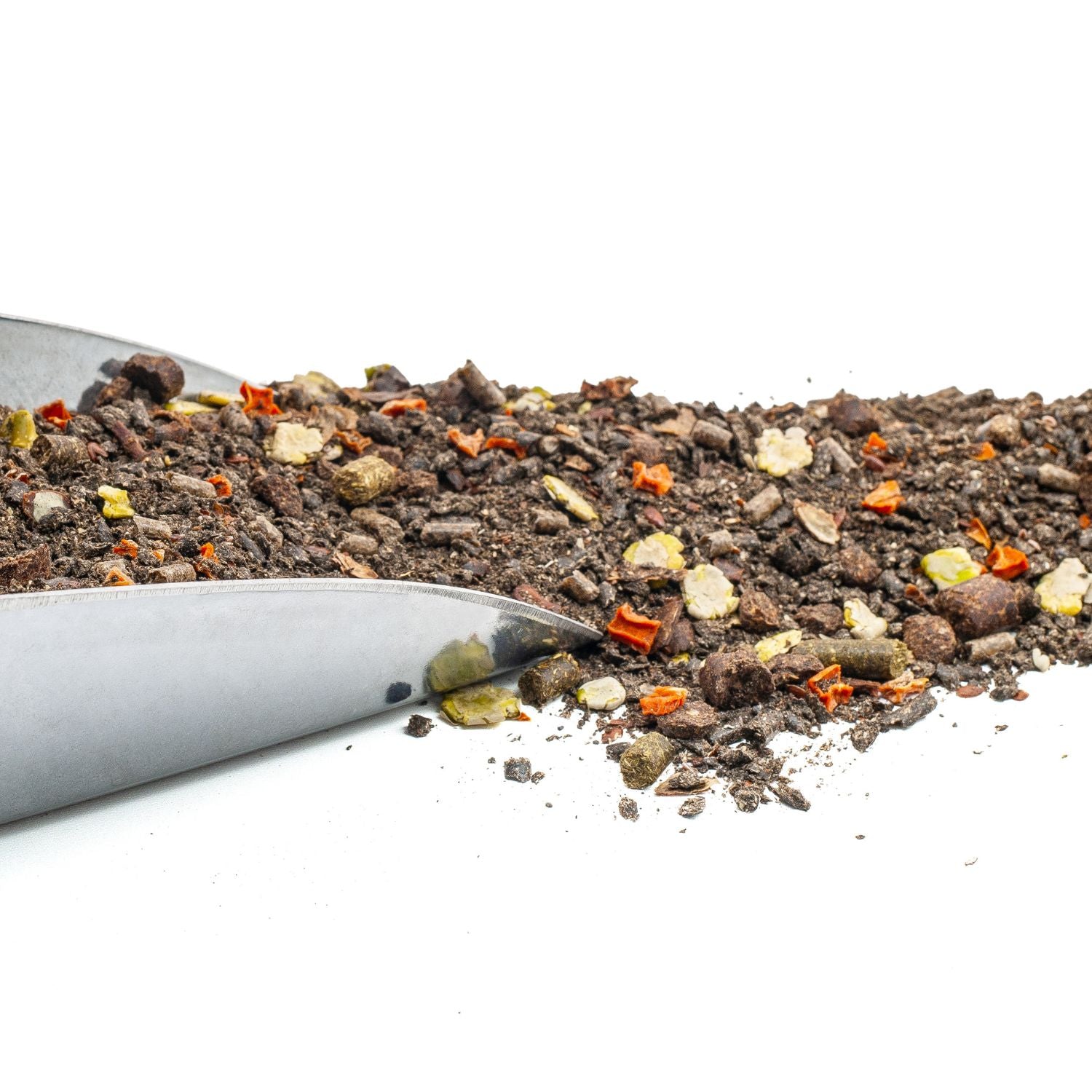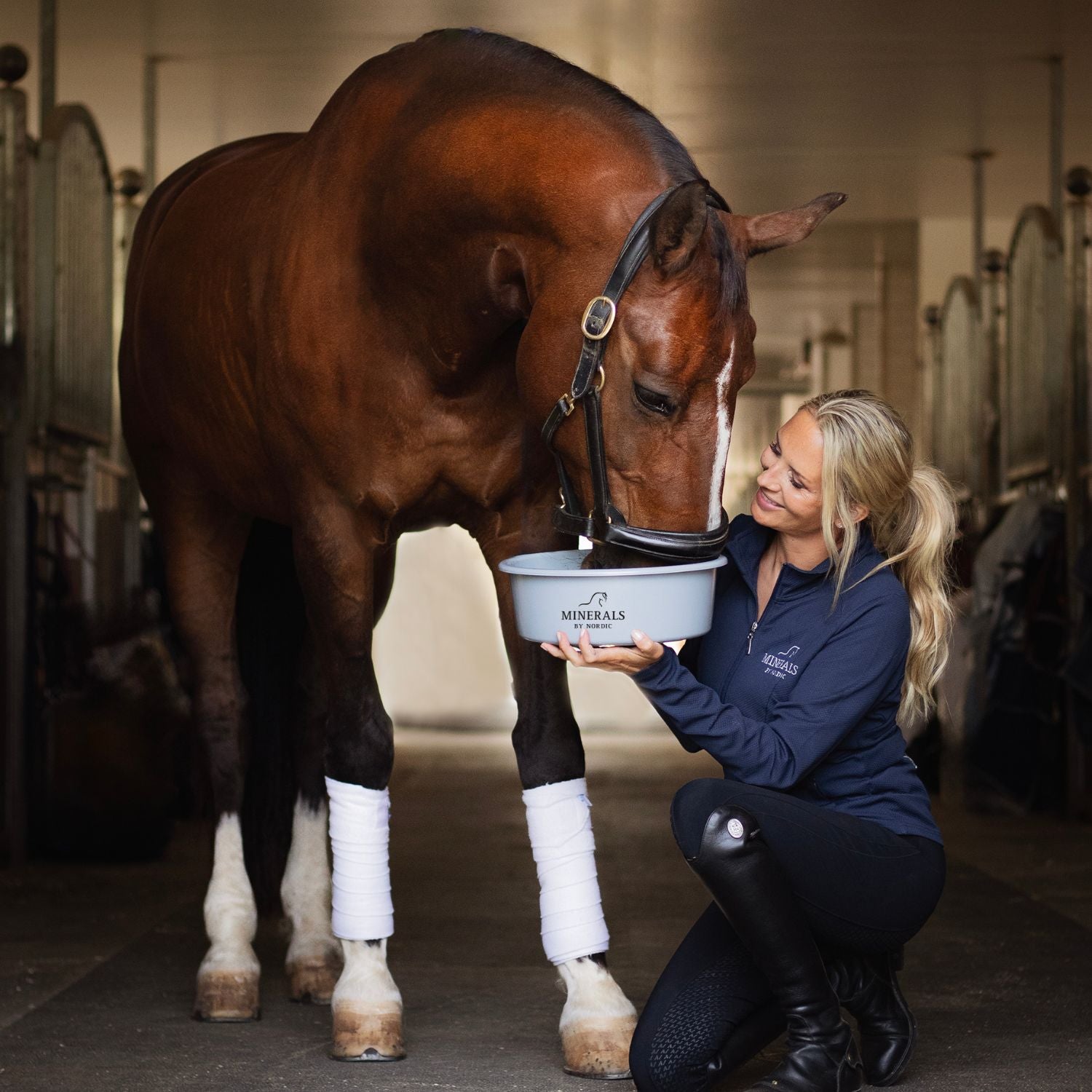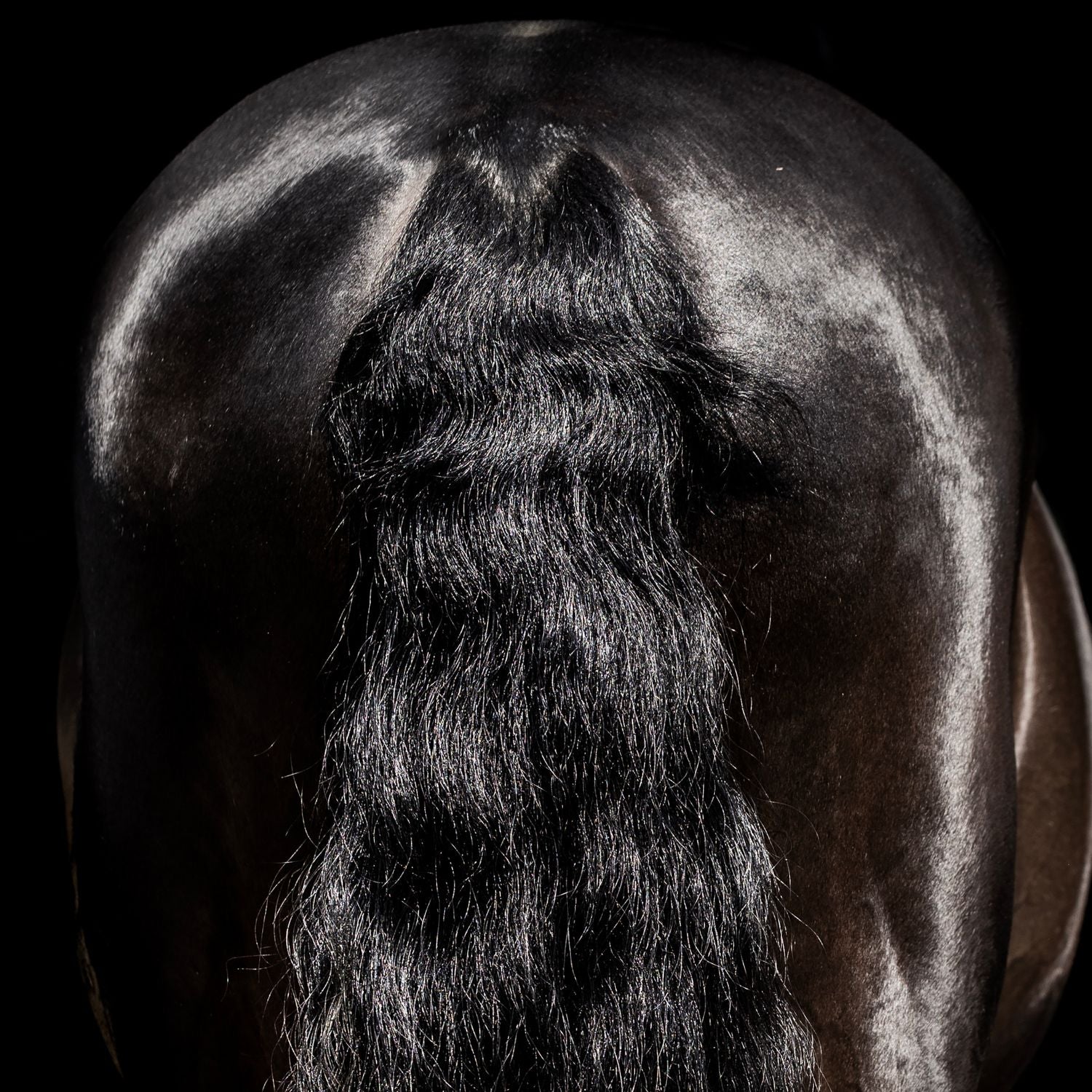product.id:
product.handle:
product.collections: []
key: config_269
value: {"uuid"=>"a6ca3c0a-e2a0-4d83-98c1-e3e7cd9f91ef", "rewards"=>[{"order"=>764, "title"=>"Köp 1 st", "subtitle"=>"", "quantity"=>1, "selected"=>true, "discount_amount"=>"0.0", "discount_type"=>"no_discount", "ribbon_text"=>"", "ribbon_style"=>"default", "image_url"=>nil, "image_id"=>nil, "image_width"=>60, "image_height"=>60, "image_radius"=>0}, {"order"=>766, "title"=>"Köp 3 st eller fler", "subtitle"=>"Spara 15%", "quantity"=>3, "selected"=>false, "discount_amount"=>"15.0", "discount_type"=>"percentage", "ribbon_text"=>"", "ribbon_style"=>"default", "image_url"=>nil, "image_id"=>nil, "image_width"=>60, "image_height"=>60, "image_radius"=>0}], "visibility"=>"specific_products", "products"=>["gid://shopify/Product/15065256558857", "gid://shopify/Product/15065253937417", "gid://shopify/Product/15065254232329", "gid://shopify/Product/15065254396169", "gid://shopify/Product/15065254527241"], "collections"=>[], "handles"=>[], "handle_config"=>[], "config"=>{"style"=>{"--turbo_bundles_box-shadow"=>"0 2px 4px rgba(0, 0, 0, 0.1)", "--turbo_bundles_min-height"=>"auto", "--turbo_bundles_font-family"=>"'Open Sans', sans-serif", "--turbo_bundles_border-color"=>"rgb(0, 0, 0)", "--turbo_bundles_border-style"=>"solid", "--turbo_bundles_border-width"=>"1px", "--turbo_bundles_item_padding"=>"16px", "--turbo_bundles_ribbon_color"=>"#FFF", "--turbo_bundles_border-radius"=>"0px", "--turbo_bundles_primary_color"=>"rgb(0, 0, 0)", "--turbo_bundles_item-font-size"=>"16px", "--turbo_bundles_highlight_color"=>"rgb(191, 19, 19)", "--turbo_bundles_price-font-size"=>"16px", "--turbo_bundles_secondary_color"=>"rgb(205, 82, 82)", "--turbo_bundles_background_color"=>"rgba(247, 248, 248, 0)", "--turbo_bundles_ribbon-font-size"=>"14px", "--turbo_bundles_variant_title_color"=>"rgb(0, 0, 0)", "--turbo_bundles_variant_value_color"=>"rgb(0, 0, 0)", "--turbo_bundles_variant_border_color"=>"rgb(0, 0, 0)", "--turbo_bundles_description-font-size"=>"15px", "--turbo_bundles_selected-border-color"=>"rgb(0, 0, 0)", "--turbo_bundles_selected-border-style"=>"solid", "--turbo_bundles_selected-border-width"=>"1px", "--turbo_bundles_variant_border-radius"=>"0px", "--turbo_bundles_ribbon_background_color"=>"rgb(0, 0, 0)", "--turbo_bundles_variant_title-font-size"=>"16px", "--turbo_bundles_variant_value-font-size"=>"14px", "--turbo_bundles_variant_background_color"=>"rgba(252, 253, 253, 0)", "--turbo_bundles_selected-background-color"=>"rgba(247, 248, 248, 0)", "--turbo_bundles_selection_highlight_color"=>"rgb(0, 0, 0)"}, "theme"=>"custom", "skip_cart"=>false, "price_round_to"=>".00", "price_rounding"=>false, "rounding_method"=>"round_per_cart", "show_product_badge"=>false, "show_prices_per_item"=>false, "show_compare_at_price"=>false, "hide_theme_variant_picker"=>false, "show_custom_variant_picker"=>true}}

